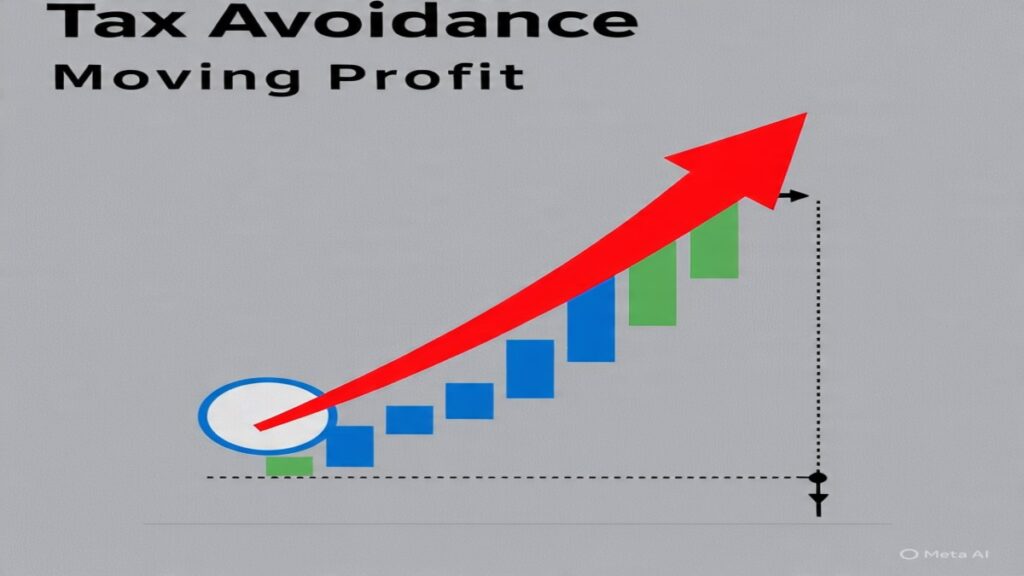🧾 What is BEPS?
BEPS stands for Base Erosion and Profit Shifting.
It refers to tax planning strategies used by multinational companies to shift profits from high-tax countries to low-tax or no-tax countries.
➡️ The goal? Reduce total tax paid — even if they earn profits in multiple countries.

🏢 How Do Companies Shift Profits?
They use legal loopholes in international tax laws to:
- Move income to tax havens
- Create artificial expenses in high-tax countries
- Exploit gaps between different countries’ tax rules
Common BEPS Techniques:
| Technique | Example |
| Transfer Pricing | Setting high/low prices in related-party transactions |
| Treaty Shopping | Using tax treaties of third countries to avoid tax |
| Debt Loading | Giving loans between group companies to shift interest payments |
| Digital Presence Without Offices | Earning from users without paying tax in that country |

🌍 Why Is BEPS a Global Problem?
- Tax Loss for Developing Countries
India and others lose revenue needed for education, health, and infrastructure. - Unfair Advantage to Big Corporations
Small/local businesses cannot use BEPS tricks. - Public Trust Goes Down
People lose trust when global firms don’t pay their fair share of tax.
🌐 OECD’s Global Response – BEPS Action Plan
The OECD (Organisation for Economic Co-operation and Development) and G20 created a 15-point BEPS Action Plan in 2015.
🎯 Goal: Stop companies from avoiding tax using loopholes.
Key Actions:
- Action 1: Tax challenges of the digital economy
- Action 7: Prevent artificial avoidance of permanent establishment
- Action 13: Country-by-country reporting
- Action 15: Multilateral Instrument (MLI) to modify tax treaties

🏛️ India’s Action Against BEPS
India has actively implemented BEPS recommendations:
- General Anti-Avoidance Rules (GAAR)
- Multilateral Instrument (MLI) signed in 2019
- Equalisation Levy for taxing digital services
- Transfer Pricing Regulations tightened
India is also supporting the new Global Minimum Tax (15%) under OECD Pillar Two.
📘 Key Terms to Remember
| Term | Meaning |
| Tax Haven | Country with very low or zero corporate tax |
| Treaty Abuse | Misusing tax treaties for lower tax |
| MLI | A tool to modify multiple tax treaties together |
| GAAR | Indian rule to reject fake transactions done to avoid tax |
| Arm’s Length Price | Fair market price between related companies |

🎯 Why Students Should Learn This
- Important for exams (UG, PG, NET/SET, MBA, PGD)
- BEPS is frequently asked in taxation papers and interviews
- Helps understand how global tax law works in the digital era
✅ Conclusion
BEPS is a major international tax issue.
It affects government revenue and global fairness.
OECD, G20, and India are taking steps to stop tax avoidance.🎓 As future professionals, students must understand how tax planning works — ethically and legally.
